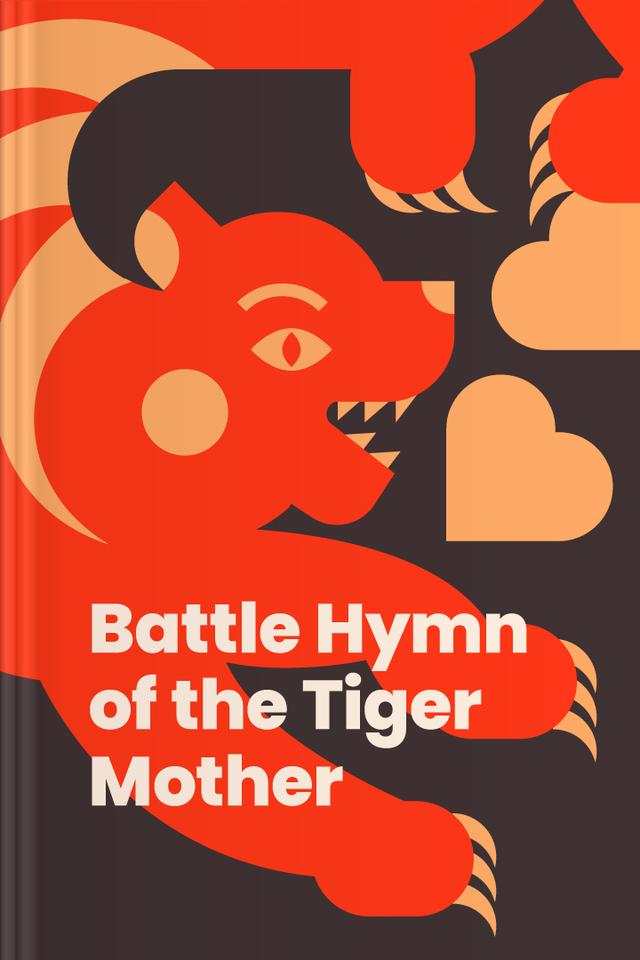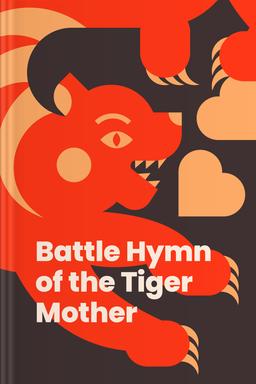You’ll learn
- How strict parenting fosters prodigies
- Whether top performance is essential
- About the risks of severe parenting methods
- Secrets of academic excellence
Protect the world’s peace. Donate to support Ukraine

first KEY POINT
How are Western parents different from Chinese parents? First of all, according to statistics, child prodigies, musical or mathematical geniuses, are more likely to grow up in families of Chinese parents. Secondly, there are considerable differences in parenting systems. The book's author, Professor Amy Chua, recalls that she forbade her daughters to:• Go to sleepovers with friends and participate in school plays.
• Watch TV or play computer games.
• Get grades below A.When Western people think they are raising children in strictness, they are not even close to the level of Chinese mothers. Some parents believe they are strict when forcing their children to play music for an hour a day, but, in China, the first hour of a class is just a warm-up. Western parents often focus on the athletic performance of their children, while these achievements are secondary to the Chinese. A Chinese child must be the best in the class, and the only medal they should strive for is gold. In addition, mothers do not praise their children in public and always take the teacher’s side when they scold them.
Amy Chua has always been proud to be an authentic Chinese mother. She and her husband, Jed Rubenfeld, raised two daughters — Sophia and Louisa. Calm and attentive, Sophia had impressive abilities since childhood. At the age of one and a half, she knew the alphabet and could solve complex math problems in nursery school. When Sophia was three years old, she began to play the piano. At the same time, her younger sister Louise (Lulu) was utterly different from Sophia — hot-tempered and stubborn like her mother. Chua had prepared the fate of a violinist for Lulu.
Amy Chua was born in the year of the Tiger and compares herself to this animal — fearless, strong, and domineering — hence, in the Tiger Mother, she describes the conflicts with her daughters, their victories, the joys and sorrows of their family, and all the methods (sometimes shocking) of raising children. This summary will help you understand how children in Chinese families become geniuses through hard training and why pursuing excellence can sometimes ruin a mother-daughter relationship.
second KEY POINT
Amy Chua spent her childhood in severity: she and her three younger sisters constantly studied mathematics, played the piano, and strove to get only the highest marks. Despite the severity, the family built relationships on respect and trust. The third generation of Chinese expatriates in America (like Chua's daughters) was born in comfort; these kids are more American than Chinese.But Amy Chua didn't want her children to be sissies. She taught them hard physical labor and discipline. Chua decided that music would make her daughters more self-controlled, so she selected a teacher for Sophia who taught piano lessons using the Suzuki system. According to this method, parents should be present at every class. Under the supervision of her mother, five-year-old Sophia worked for at least an hour and a half every day, seven days a week. Chua recalls that she threatened to burn Sophia's toys if she did not play better. When Sophia was nine, she won a piano competition performing music by Edvard Grieg.

Continue reading with Headway app
Continue readingfirst KEY POINT
second KEY POINT
third KEY POINT
fourth KEY POINT
fifth KEY POINT
sixth KEY POINT